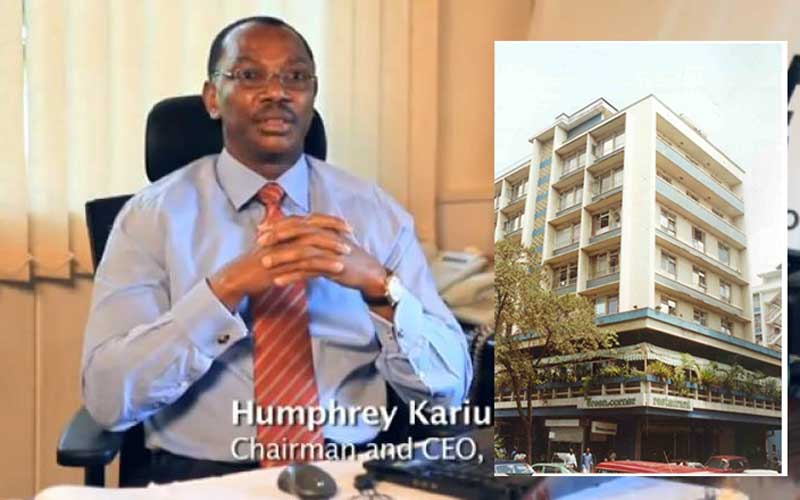×
The Standard e-Paper
Smart Minds Choose Us

On April 25, 2005 billionaire Humphrey Kariuki put an end to one of the most exciting chapters of his life.
Acting under his instruction, a bevy of lawyers sat in a nondescript office on Nairobi’s Kaunda Street and finalised what could be termed as the end of an era. After enjoying decades of success, the businessman was cutting off ties with something that had been part of him for ages. Something that had provided a foundation on which many other ventures stood.